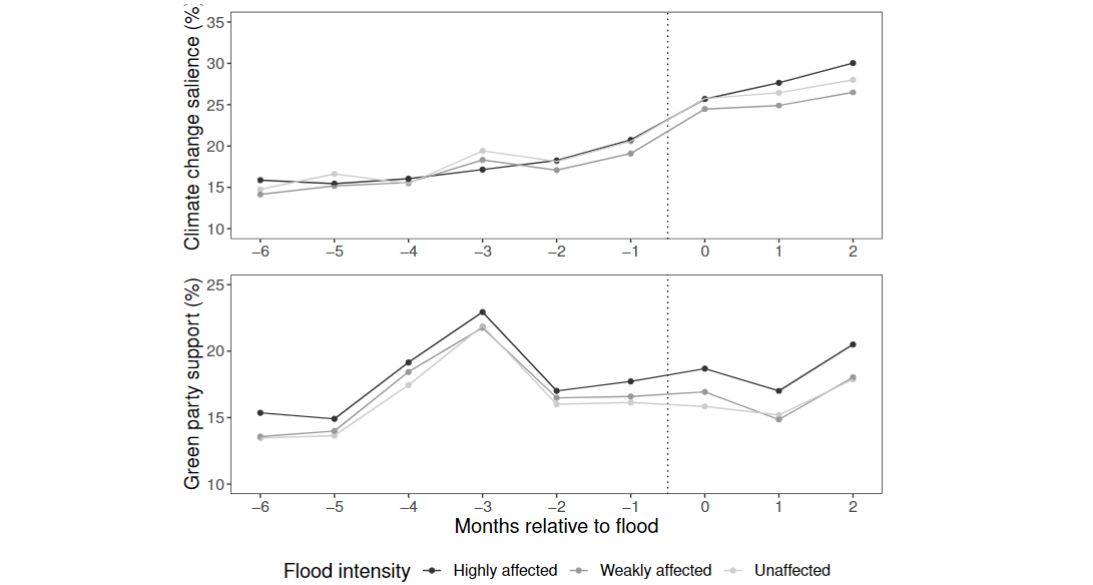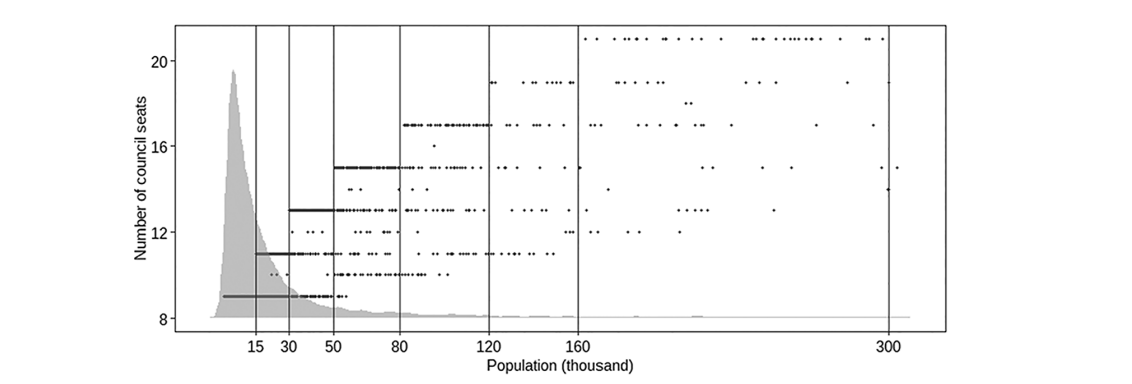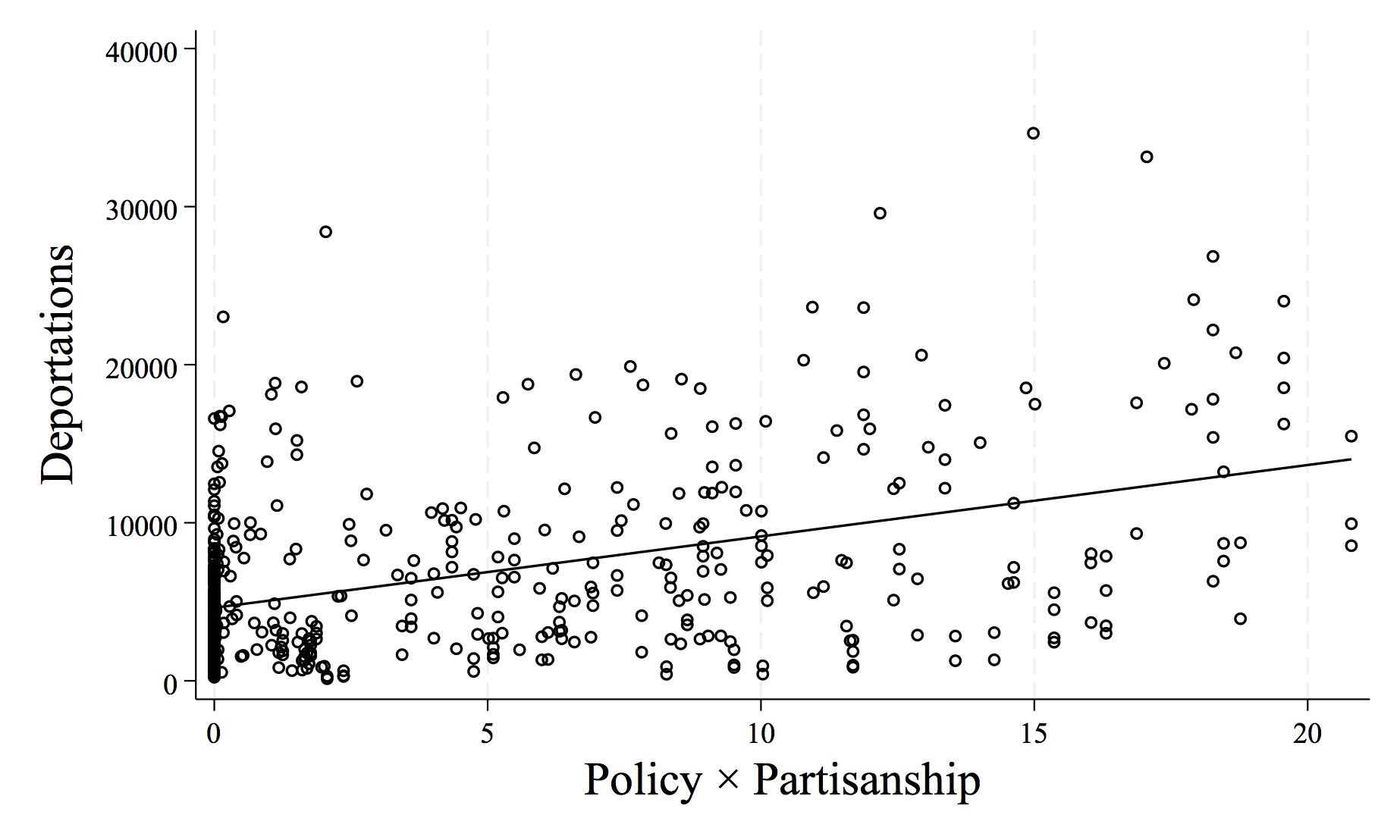Does exposure to extreme weather events increase public demands for climate action and support for climate-focused parties like the Green Party? To address this question, we conducted a comprehensive analysis of the political repercussions of the 2021 floods in Germany. Leveraging detailed survey and electoral data, we examined how exposure to severe flooding impacted Germans’ climate views and likelihood to vote for the Green Party in the September 2021 federal election. We employed a high-frequency survey of over 600,000 Germans conducted before and after the floods to track evolving climate attitudes and partisan preferences at monthly intervals. In addition, we analyzed the electoral consequences of the flood drawing on municipality-level electoral returns.
Our data show that direct exposure to the disaster had a negligible impact on voters’ climate concerns and their likelihood to vote for the Green Party. This holds true across measures of climate issue salience, party support, and actual ballot box behavior. We generally find statistically insignificant effect estimates of small magnitude for the effects of the flood. Even in the most severely affected region, which suffered deaths and catastrophic damages, the shift towards the Green Party was only about two percentage points larger than in other, entirely unaffected, counties in the same state.
However, our results did reveal a short-lived nationwide surge for the Green Party immediately after the floods. This suggests that, while localized disaster impacts are muted, extensive media coverage can temporarily boost Green Party support countrywide. Within weeks, however, these aggregate effects decayed back to pre-flood levels.
In line with prior research, we find that the flood benefited incumbent politicians promising reconstruction funds. These findings suggest that natural disasters primarily spur voter demand for effective logistical support and financial compensation rather than for policies that address the root causes of climate change.
Our findings underscore the stability of political identities, even in the face of severe flooding. For committed partisans on both sides, new information is often processed in identity-confirming ways. This tendency likely constrained the floods’ capacity to fundamentally reshape voter priorities and party support. The timing of climate disasters relative to elections may, hence, be a critical factor in influencing voting behavior.
Future research should focus on longitudinal studies and cross-country comparisons to better understand how climatic risks influence political behavior. Our findings indicate societies may not confront the challenge of climate change simply through exposure to disasters. Overcoming inertia in climate action likely requires much more than increased exposure to extreme weather events alone.
Notes
Figure 1: Salience of climate change and Green party support over time, by the degree of intensity. The figure presents the share of survey respondents in North Rhine-Westphalia and Rhineland-Palatinate that (i) rate climate change or the environment as the most important issue in German politicsand (ii) who indicate they would vote for the Green Party if the election was next Sunday (“Sonntagsfrage”).The total number of respondents is 46,791 (salience) / 569,608 (party support).
This blog piece is based on the forthcoming Journal of Politics article “Natural Disasters and Green Party Support” by
Hanno Hilbig and Sascha Riaz”.
The empirical analysis has been successfully replicated by the JOP and the replication files are available in the JOP Dataverse.
About the Authors
Hanno Hilbig is an Assistant Professor of Political Science at the University of California, Davis. His research lies at the intersection of Comparative Politics and Political Economy. He explores the political implications of central challenges facing established democracies, such as shifting media landscapes, immigration, inequality, fiscal adversity, and housing.
Sascha Riaz is a Postdoctoral Prize Research Fellow in Politics at Nuffield College, Oxford University. His research seeks to understand how industrialized democracies can reap the social and economic benefits of immigration while minimizing xenophobic backlash and political polarization.



